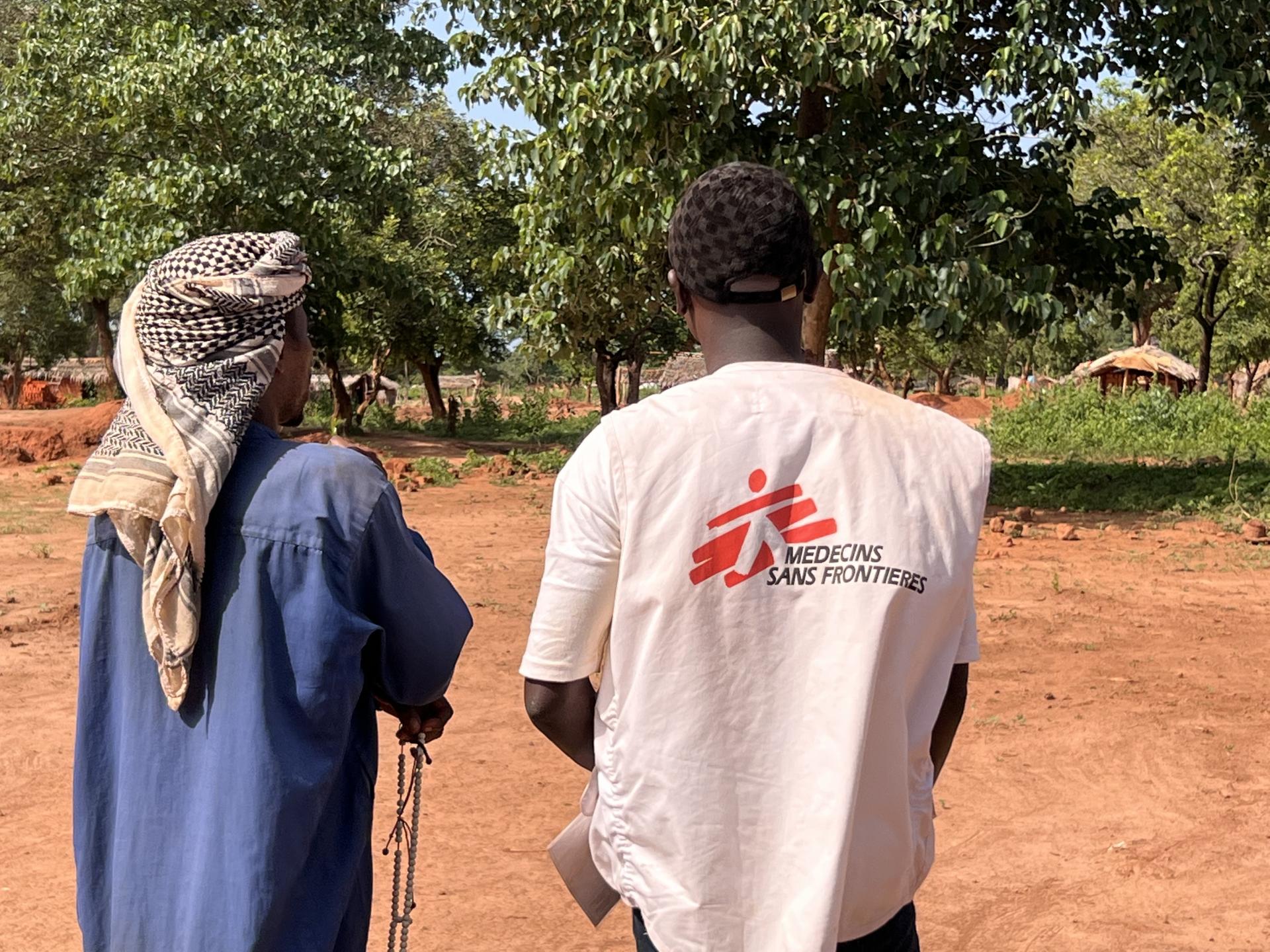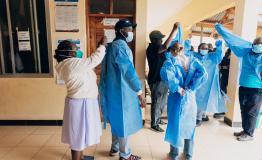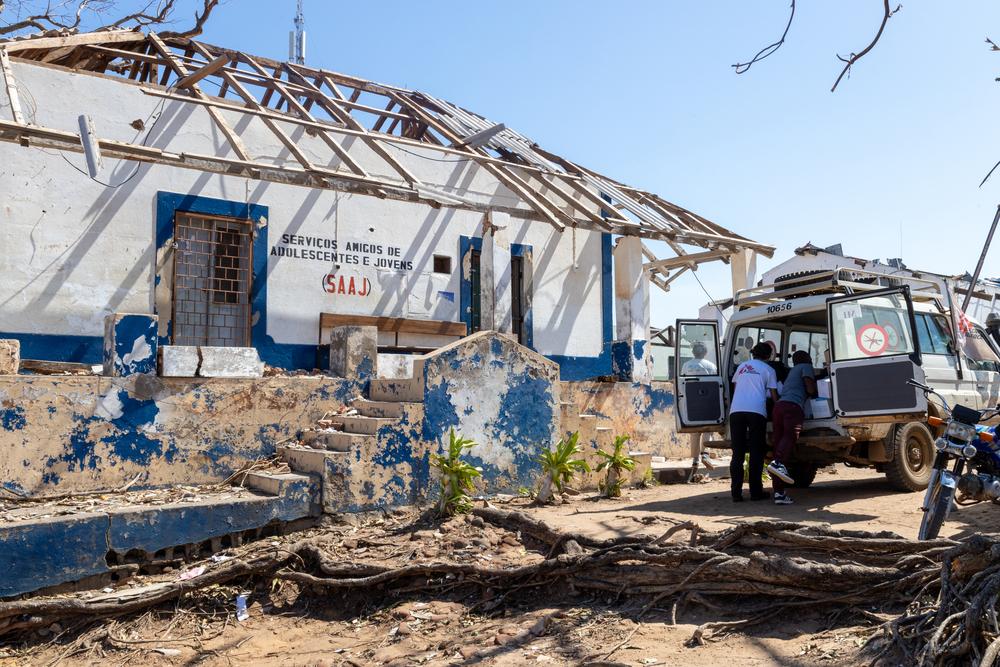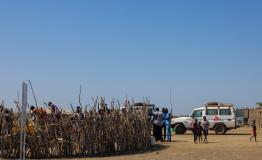The people of the Ouaka region in the centre of the Central African Republic (CAR) struggle to access healthcare. This situation has been worsened by the collapse of health facilities and healthcare due to violence in Ouaka. In 2024, Doctors Without Borders/Médecins Sans Frontières (MSF) has been moving services closer to remote communities around the town of Bambari to offer healthcare through health centres and other health sites and improve access to essential healthcare.
CAR has one of the lowest levels of healthcare coverage in the world. The country has six doctors for every 100,000 inhabitants, and half of its health facilities are not fully functional, according to the World Health Organisation (WHO) in its 2022 country report. These shortcomings have an impact on the people of CAR, whose life expectancy at birth in 2019 was just 53.3 years and ranked as one of the lowest in the world.
“Apart from poor medical coverage, insecurity, distance, lack of knowledge, the dilapidated state of the roads, the cost of transport and endemic poverty severely restrict communities' access to healthcare in a country where seven out of ten people live below the international extreme poverty line,
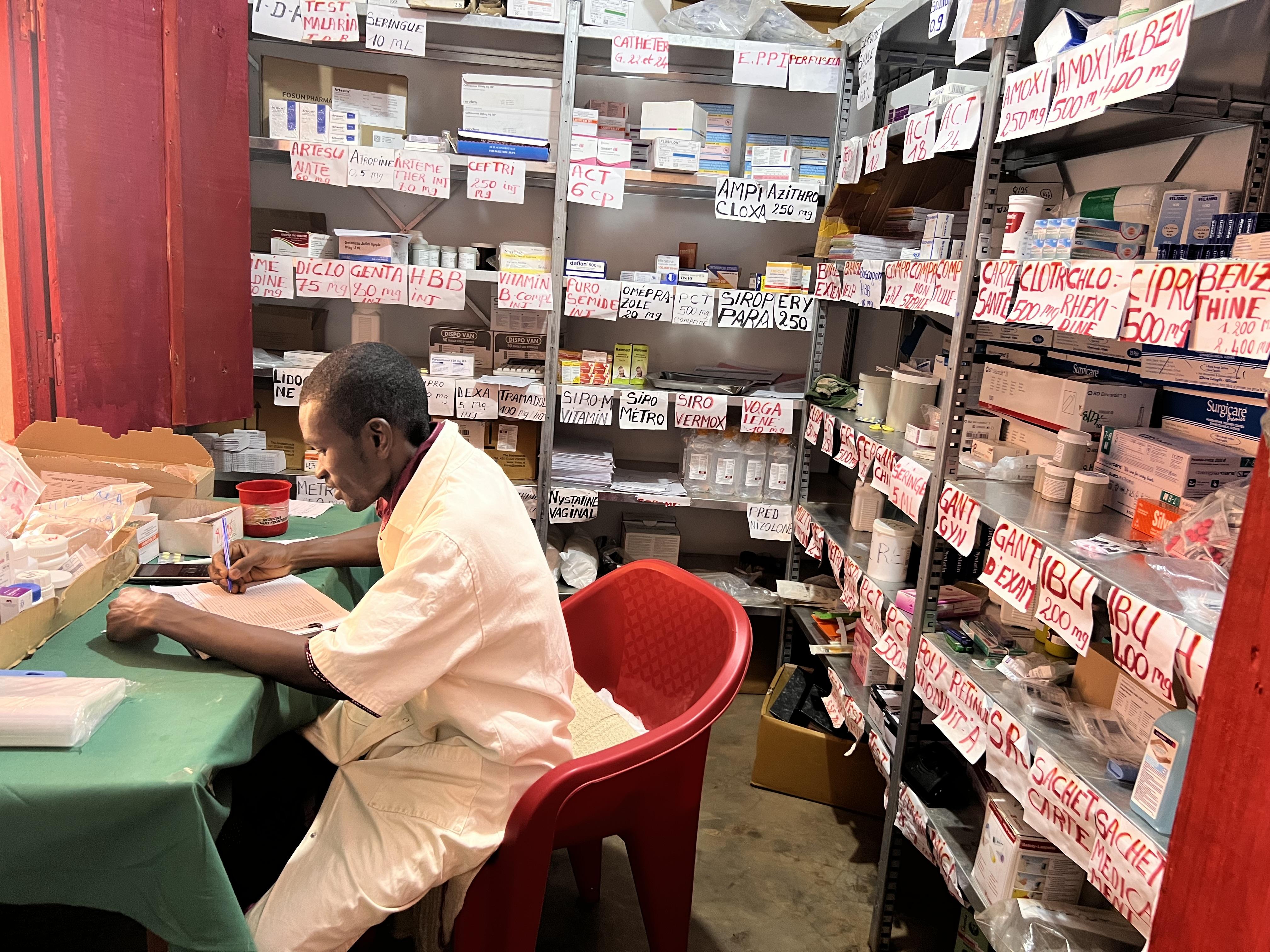
“In Bambari, certain areas are particularly hard hit. Since December 2023, we have rebuilt the Ngakobo health facility following looting during the clashes in 2022, and it is now a functional health site for the communities. The Kidjigra health site extends our activities with the construction of a maternity ward, for which MSF has equipped and trained the staff. MSF also completed the Tongolo building at the end of 2022,” says Matlanyane.
These health centres supported by MSF are facing serious shortages of medicines and essential equipment. “By supporting these two sites, we are ensuring that patients who do not have the means to get to the regional hospital in Bambari, which is 60 kilometres away, have access to care. In addition, in collaboration with the Ministry of Health, in Kidjigra and through the ‘Tongolo’ project, we are providing comprehensive care for malaria and malnutrition, routine vaccinations, and comprehensive care for survivors of sexual violence’ explains Solomon.
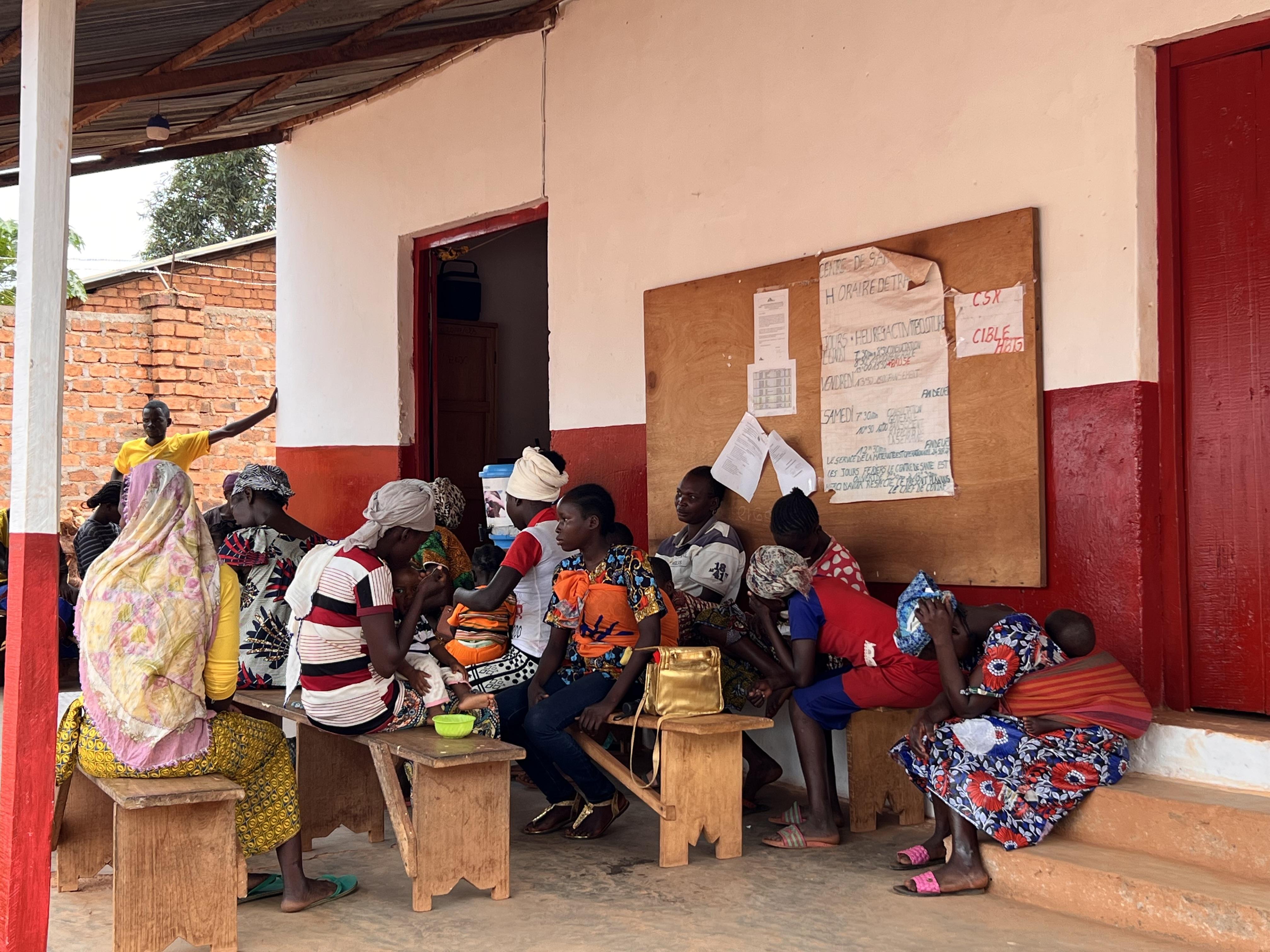
MSF presence on the axes and the medical response
Two community-based healthcare sites have also been established in Digui and Wogra, providing person-centered care for simple malaria, diarrhoea and uncomplicated respiratory infections, screening for malnutrition, first aid for survivors of sexual violence and emergency psychological support, followed by referrals to the health centre or to Bambari regional hospital.
MSF is also raising community awareness on how to deal with health problems through trained community health workers who live in the village. This helps avoid delays in access to consultations, and to identify cases displaying danger signs and refer them to the health centre as soon as possible, thereby reducing mortality and morbidity in the community.
‘Even though efforts are being made to reduce sexual violence in the area, the numbers of patients I see are alarming’, says Julienne Pousselemé, one of the MSF community workers hired by her community in the village of Wogra. Julienne receives survivors, provides morning-after pill prevention and psychological support, then referrals and monitoring. In the last two months, she has already referred 10 survivors to the MSF-supported Ngakobo health centre.
‘We treat between 1,500 and 1,700 patients a month. The centre exists thanks to what MSF gives us. With the six services we have, we are meeting the needs of the people,’ says Dr Boris Béranger Pamatchi, the only doctor on staff in Ngakobo.
Free referral between health centrees and hospital
“Thanks to [MSF’s] reimbursement of transport costs, we receive patients from around Bambari who are referred to us by motorbike,” says Dr Narcise Stéphane Ongtiga, who is responsible for treating survivors of sexual violence in Bambari regional hospital. “The referral [system] has been very well received by the community, as it improves their access to care, particularly for the most vulnerable, and helps to avoid patients being ‘lost to follow-up’, such as those who arrive just for the first treatment and then leave, never returning for their [next] appointment, continues Dr Narcise Stéphane Ongtiga.
MSF is calling for other humanitarian organisations to follow the example by promoting these types of activities across the region of Ouaka and not only in Bambari, to facilitate access to care for the most vulnerable groups of people.
In a country where patients have to pay for access to healthcare and where the health system is weak, with inadequate and dilapidated infrastructure and equipment and frequent shortages of medicines and vaccines, more organisations need to step up in helping the most distant communities.
